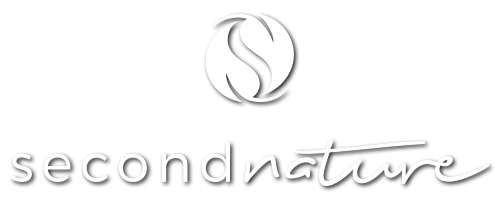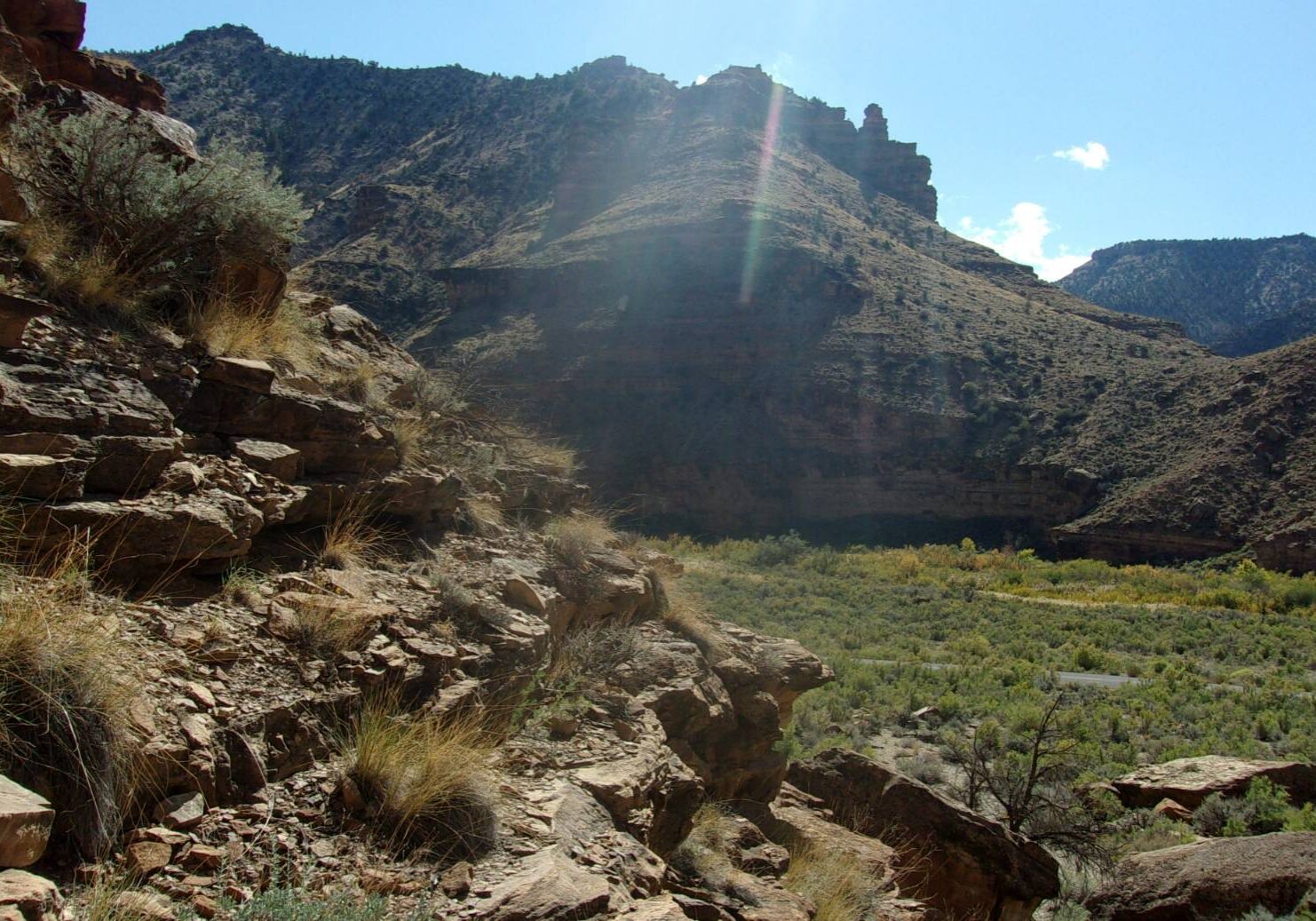
Phase Overview

Second Nature utilizes a nature-based therapeutic treatment center model: primitive living, ceremony, metaphor, and affinity for the beauty and spirituality of nature. This model lends itself well to natural and logical consequences rather than contrived, verbal, and didactic therapy models. The child is removed from his/her comfort zone and immersed in a new culture, where therapists provide a small universe of lessons mirroring the larger universe in which the child lives.
Shelter building, backpacking, simple daily chores, group cooperation, relationship skills, and problem-solving are taught “in the moment.” In spite of the often-resistant response to therapy, the adolescent is engaged in a safe, practical, life-changing lesson. The staff and therapists move between traditional models of therapy and assessment to symbolic lessons, bypassing defensiveness. In some instances, your child's therapist may utilize a Walkabout for your child. A Walkabout is a guided, intensive therapeutic intervention used to interrupt or reward patterns for particular behaviors. Students often resistant to outpatient therapy models at home, respond to the nature-based therapy program with openness, honesty, accountability, and insight.
HARD SKILLS, SOFT SKILLS, THERAPY ASSIGNMENTS
The Second Nature Journey Packet, carried by the student contains therapist and staff assignments as well as sections for personally tailored assignments. Hard skill assignments are experientially based and include bow drill fires, shelter building, and low-impact camping. Soft skills are reading, writing, and clinical in nature. Soft skills include communication skills training, compliance and respect toward others, letter writing, and group therapy participation.
PHASES OF ACHIEVEMENT
Utilizing the backdrop of open-air living and metaphor, your Second Nature therapist will guide you and your child through the safest and most effective program in the country. Each phase of growth is marked by overarching themes. Students receive a comprehensive packet with an explanation of the symbols of Earth, Fire, Water, and Air and how they relate to emotional, social, intellectual, and spiritual growth. Augmented by individual treatment planning specific to your child and his/her circumstances, your child will participate in reading/writing assignments, daily group sessions, and in-the-moment nature-based therapy.

Earth Phase
Orientation
After a medical physical and gear outfitting, your child is welcomed to the field by caring staff and introduced to the group. Your child is provided a specifically matched peer mentor to help facilitate acceptance and understanding of the environment and group living. Utilizing positive peer culture and metaphor, your child is welcomed with an Earth Phase Ceremony. The student-run ceremony is designed to introduce your child to the program. The ceremony emphasizes the group safety, trust, and accountability that will mark his/her experience at Second Nature. The first few days in the field are an observation phase for the child. On Earth Phase, your child is welcomed into the group though they also have the option to spend time on their own as they acclimated to their new environment. It is also a time for the child to adjust and to become accustomed to the climate, elevation, and his/her new surroundings. This is a time of observation and reflection for each student. It is a time to simplify and take stock of the events and circumstances that led your child to this point in his/ her life. During this initial phase, your child is expected to meet basic safety and self-care expectations and comply with staff requests. Following the therapeutic curriculum packet provided, your child is assigned to write his/her “Life Story.” This hallmark assignment in Earth Phase is the child’s first effort at “coming clean” and telling his/her story – the story that led to enrollment at Second Nature. After basic assignments and expectations are met, your child is encouraged to make a request to join the group and moves on to the next stage of growth.

Fire Phase
Engagement and Accountability
Led by your child’s mentor, the Fire Phase Ceremony consists of one student using the metaphor of the primitive bow drill fire to teach about change, transformation, work, and personal responsibility. During the Fire Phase, the focus becomes accountability. The hallmark assignments during this phase are the reading of the parents’ Letter of Concern and the child's writing of his/her own Letter of Accountability. The Letters of Concern, directed by the therapist, are the parents’ story of the events that led to the child’s placement at Second Nature. He/She reads these letters for the first time in the group. This raw experience often becomes a turning point for your child, creating powerful emotions that become the foundation for change. The group and staff encourage the child to hear the love and concern expressed by the parents. There is also an opportunity here to confront the child on his/her denial and minimization of problems.
Students will also complete a Letter of Accountability. The Letter of Accountability is the child’s laundry list of those behaviors that led to his/her placement at Second Nature and an acknowledgment of responsibility. Rather than an apology, this assignment challenges the student to look honestly at decisions they have made and admit them to self and others. The Letter of Accountability is a tool for the therapist and group members to teach accountability through the reading and re-writing of the assignment. These written assignments are complemented by experiential assignments such as fire making by bow drill. Participation in daily groups, both formal and informal, begins to impact the child using the effective modality of peer-to-peer teaching. Your child will benefit from teaching and being taught by peers in his/her close-knit group.
Nature-based treatment center research shows that one of the lasting effects on students is their relationship with staff members. One of our highly experienced Field Instructors is assigned to your child to provide additional one on one attention, carefully review his/her assignments, support him/her with weekly goals, challenge him/her when appropriate and provide personal individualized attention. These Field Instructors attend each clinical sessions and follow treatment plan updates created by the child’s therapist to ensure a seamless, comprehensive, and effective treatment process.

Water Phase
Insight and Integration
At this stage in our program, staff and Water Phase students create an individualized ceremony emphasizing the power of water to shape and change the earth, paralleling how insight and integration will create lasting change in the student.
The child often takes on a self-propelling motivation at this phase, co-creating his/her treatment. The child becomes more active in mentoring others in the group and is seen by Therapists, Field Instructors, and peers as a positive leader and role model. Assignments may include creating primitive crafts, writing a Letter of Concern home to parents, advanced skills in primitive fire making, and leading group sessions. During this phase – with ever-increasing opportunities and privileges that match the progress – the child may be invited to participate in aftercare choices and planning. Supervising and leading group activities, chores, and meal times are some of the responsibilities associated with Water Phase. A student on Water Phase is expected to be active in group sessions, and in challenging and mentoring other students.

Air Phase
Internalization and Leadership
In exceptional circumstances, a child may earn Air Phase. Air Phase is awarded to students who demonstrate an exceptional ability to experiment with greater autonomy and choice. The student is exposed to more information about future events and planning while working through the challenge to remain present with objectives. Rather than program-driven, students in this phase are expected to self-direct, using the staff, therapist, and group as resources. As the student moves through the phases, increasing levels of autonomy are granted, teaching the connection between responsibility and privileges. Additional phone calls to parents, participation in informal staff meetings may be components of this phase.
